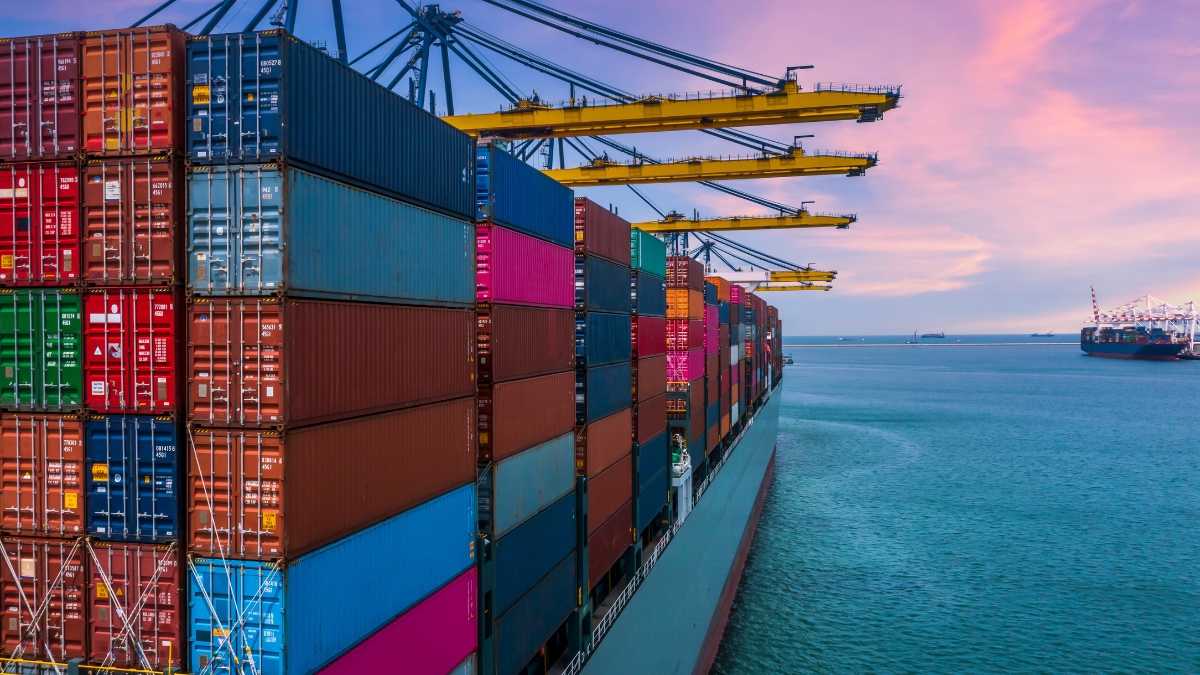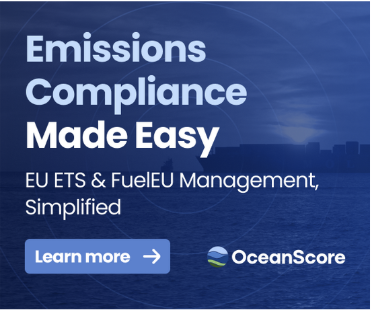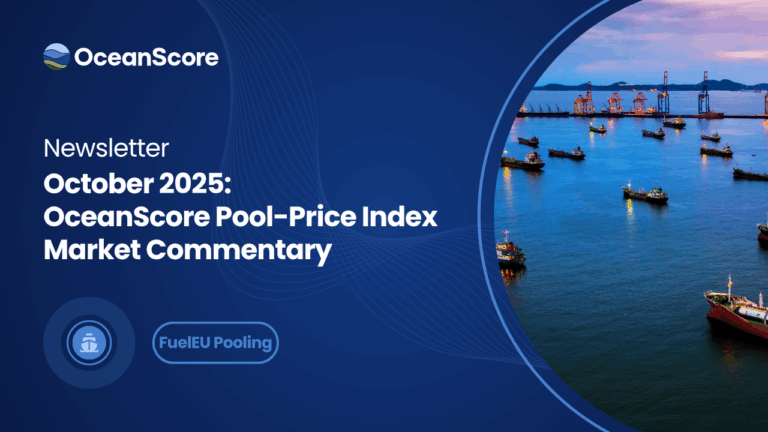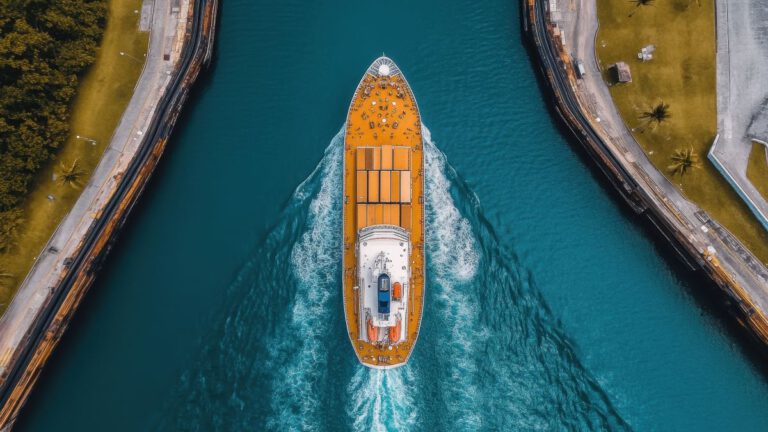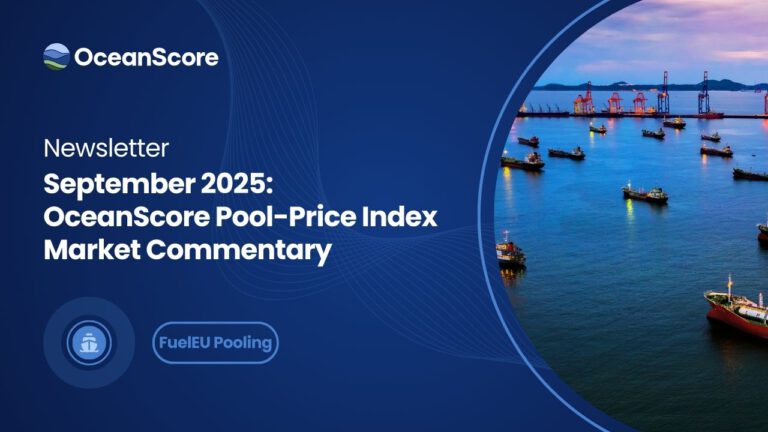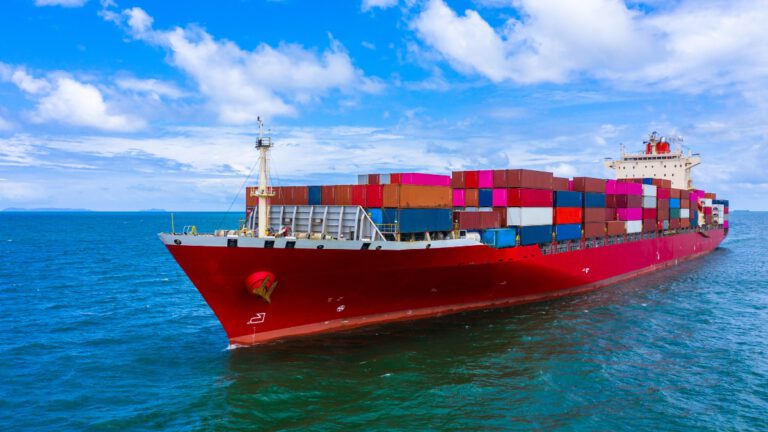How Freight Forwarders Can Lead the Way in Decarbonising Ocean Freight
Global trade is rapidly shifting toward net-zero, and it’s up to freight forwarders to determine what the future of the supply chain looks like. Companies shipping cargo are increasingly expecting accurate emissions reporting. And regulations are continuing to evolve, demanding far more transparency than in the past. To stay ahead, freight forwarders need to go beyond traditional estimates and tap into near-actual emissions data on ocean freight.
It’s not just about compliance; it’s about giving customers the right information to reduce their footprint, selecting lower-emission carriers, and making sure decarbonization efforts lead to real progress.
Why Freight Forwarders Need Precision in Emissions Tracking
For freight forwarders, accurate emissions data is becoming a key part of service differentiation. By moving away from static emissions factors and adopting voyage-specific insights, forwarders can offer:
More Sustainable Carrier and Route Selection
Not all shipment methods are equal. Some, due to route, vessel efficiency, speed, and fuel type, produce far less in emissions than others. With access to sound data, freight forwarders can enable:
- Comparing carriers and vessel routes with real, not estimated, emissions.
- Supporting customers to choose lower emissions transport options without increasing costs.
- Optimizing shipments with the best method of cargo consolidation to minimize carbon impact.
Freight forwarders reinforce their relationships with cargo owners who actively work to cut down their emissions by offering data-backed sustainability options.
Providing Customers with Verified Emissions Data
More shippers are setting decarbonization goals, and they need freight forwarders to get accurate data to monitor their progress. Providing customers with near-actual emissions data enables them to:
- Measure and report emissions with confidence
- Ensure that offsets and reduction efforts are based on precise calculations
- Demonstrate progress toward sustainability targets to stakeholders and investors
Forwards that can provide solid, transparent emissions reporting stand a much better chance of being strategic partners for companies that have ambitious sustainability goals.
Supporting Industry-Wide Net-Zero Goals
Freight forwarders are key players in the shift toward decarbonized ocean freight. Accurate data doesn’t just help individual companies—it enables better decision-making across the industry. By using near-actual emissions data, forwarders contribute to:
- More efficient supply chains by cutting out high-emission routes
- The adoption of cleaner fuels through demand-driven incentives
- A standardized, data-driven approach to emissions reduction in ocean freight
Net-zero shipping relies on accurate measurement. Freight forwarders investing in real emissions data will both help drive the transition and enhance their role in sustainable global trade.
How CargoFP Empowers Freight Forwarders
OceanScore’s CargoFP is designed for freight forwarders needing precise, voyage-specific emissions data on ocean freight. Rather than broad estimates, CargoFP offers:
- Route-specific emissions tracking
- Fuel-based calculations based on report data.
- Transparent, data-driven insights for shippers
With CargoFP, freight forwarders can:
- Provide customers with the most accurate emissions reporting available
- Empower clients to make informed, low-emission shipping choices
- Position themselves as leaders in sustainable logistics
The Future of Freight Forwarding is Data-Driven
Freight forwarders who embrace near-actual emissions tracking will be leading actors in reducing ocean freight emissions. Customers are asking for greater transparency, and companies offering precise emissions insights will be the go-to partners for sustainable global trade.
Learn more about how CargoFP is supporting freight forwarders to deliver accurate emissions data here.
